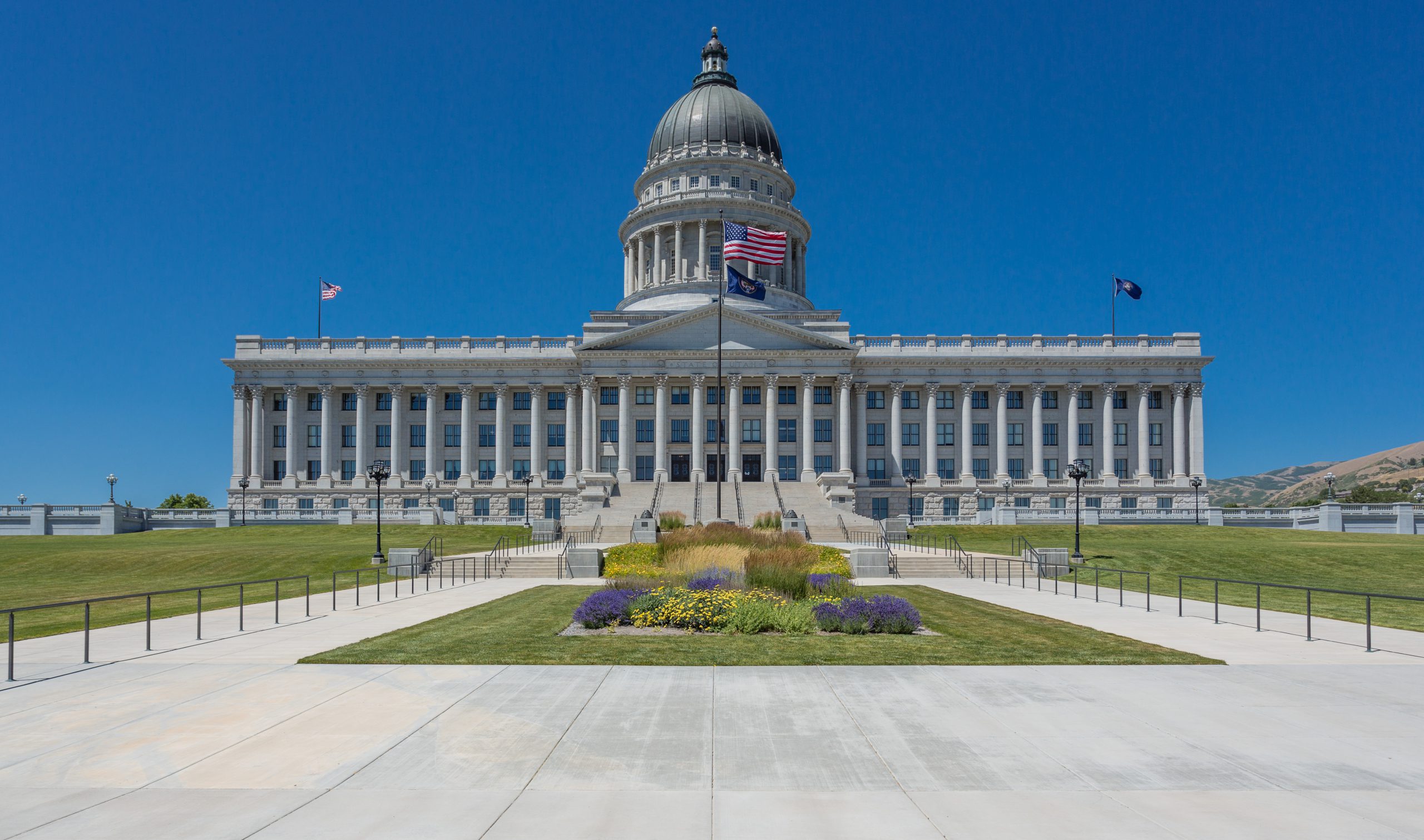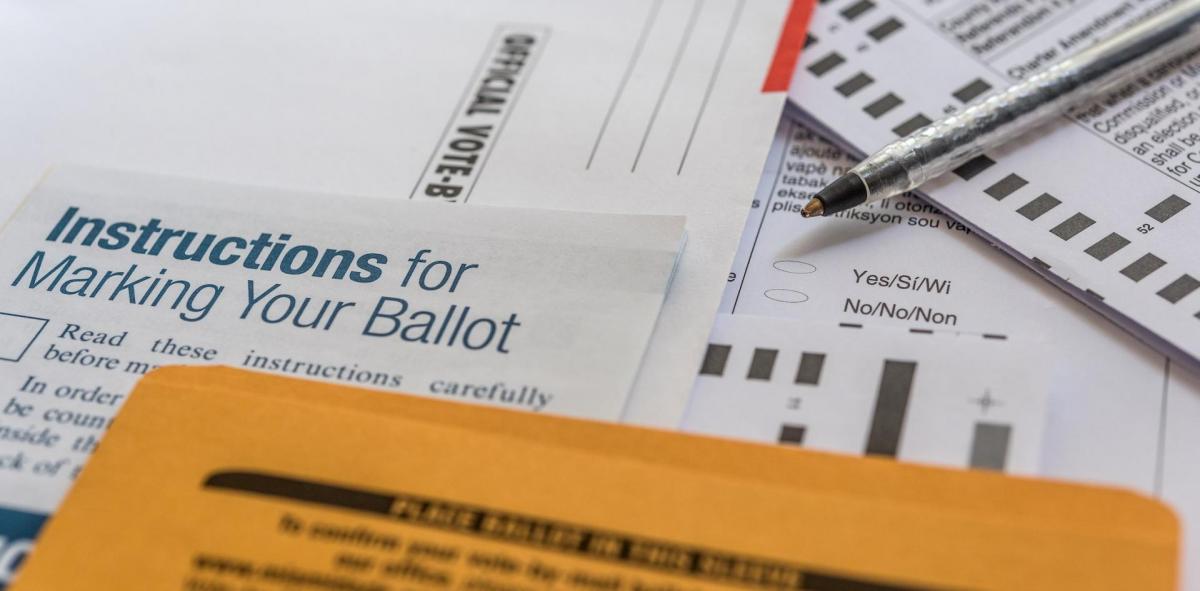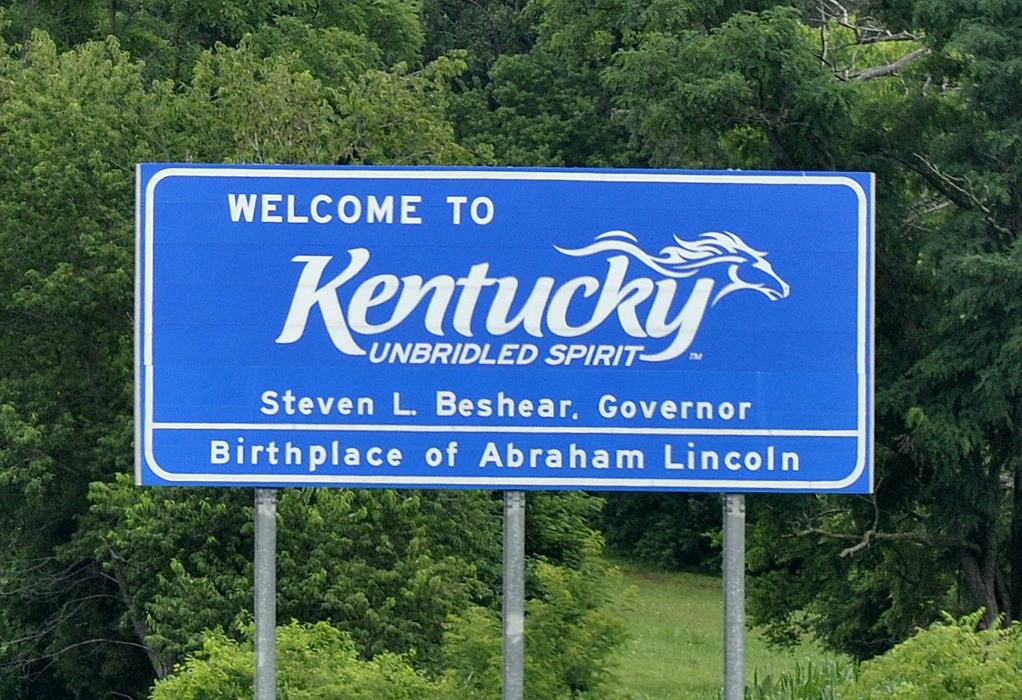Tag: state
-
At least one incumbent defeated in New Jersey’s state legislative primaries

New Jersey held state legislative primaries on Tuesday, June 10, the first of two states doing so this year. Virginia will hold state legislative primaries on June 17. At least one Democratic incumbent—Garnet Hall—lost, representing 1.3% of the 76 incumbents running for re-election and 2.9% of the 35 contested incumbents. With 35 incumbents (46%) in…
-
Texas to become 16th state to pass universal school choice program

What’s the story? The Texas State Legislature passed Senate Bill (SB) 2 on April 24, 2025, and Gov. Greg Abbott (R) has said on social media that he will sign it once it reaches him. Texas is the 16th state to enact a universal education savings account (ESA) program providing public funds for alternatives to…
-
Protect Utah Workers submits signatures to the secretary of state for veto referendum

Protect Utah Workers submitted signatures to the secretary of state’s office on April 15 for a veto referendum that would go before voters on Nov. 3, 2026. The referendum would repeal House Bill 267 (HB 267), which is suspended until the election due to the referendum. HB 267, if enacted, would prohibit public employees, such…
-
Indiana joins Kansas, Kentucky, and Wyoming in enacting laws to restrict foreign contributions to ballot measure campaigns—the highest number passed in a single year

So far, during the 2025 legislative sessions, four states—Indiana, Kansas, Kentucky, and Wyoming—have enacted new laws restricting foreign contributions to ballot measure campaigns. With these additions, 13 now have laws prohibiting foreign nationals, governments, or other entities from contributing to ballot measure committees. The 13 states with such laws are California, Colorado, Indiana, Kansas, Kentucky,…
-
Thirty states have adopted English as an official language, 11 through ballot measures since 1920

President Donald Trump (R) issued an executive order “[designating] English as the official language of the United States” on March 1, 2025. While the federal government had never before provided for an official national language, 30 states have designated English as their official language. Three—Alaska, Hawaii, and South Dakota—also recognize some indigenous languages as co-official…
-
Fourteen bills that could make the initiative process more difficult were passed in 2024, tying with 2021 for the highest total since 2018

In the 2024 legislative sessions, 40 bills and resolutions concerning direct democracy—such as ballot initiatives, referendums, and recall petitions—were passed. This exceeded the annual average of 34 bills enacted between 2018 and 2023. In 2024, state legislatures passed 14 bills that could make the initiative process more difficult and four bills that could make it…
-
62 candidates filed for federal and statewide offices last week

Sixty-two people declared candidacies for federal or state offices in the past week, the same number declared last week. All of these candidates declared before their state’s official filing deadline. Thirty-six of the 63 candidates are Democrats, while 20 are Republicans. Four candidates are running as Libertarians, and two are running without a party affiliation.…
-
42 candidates filed for federal and statewide offices last week

42 people declared candidacies for federal or statewide offices in the past week, five more than last week. All of these candidates declared before their state’s official filing deadline. Twenty-four of those candidates were Democratic, while 18 were Republican. Thirty candidates are running for Congress, four for governorship, and eight for a lower state executive…
-
Kentucky to hold statewide primary on May 16

The statewide primary election for Kentucky is on May 16, 2023. The filing deadline to run passed on Jan. 6. Candidates are running in elections for the following offices: Governor and lieutenant governor, secretary of state, treasurer, auditor of public accounts, and commissioner of agriculture Kentucky State Senate District 28 (special) The Democratic and Republican…
-
Nine candidates running in Democratic primary for mayor of Philadelphia

Nine candidates are running in the Democratic primary for mayor of Philadelphia on May 16, 2023. The winner will face David Oh—the only candidate who ran for the Republican nomination—in the general election on Nov. 7. Incumbent Jim Kenney (D), who was first elected mayor in 2015 and re-elected in 2019, is term-limited. Asha Prihar,…

